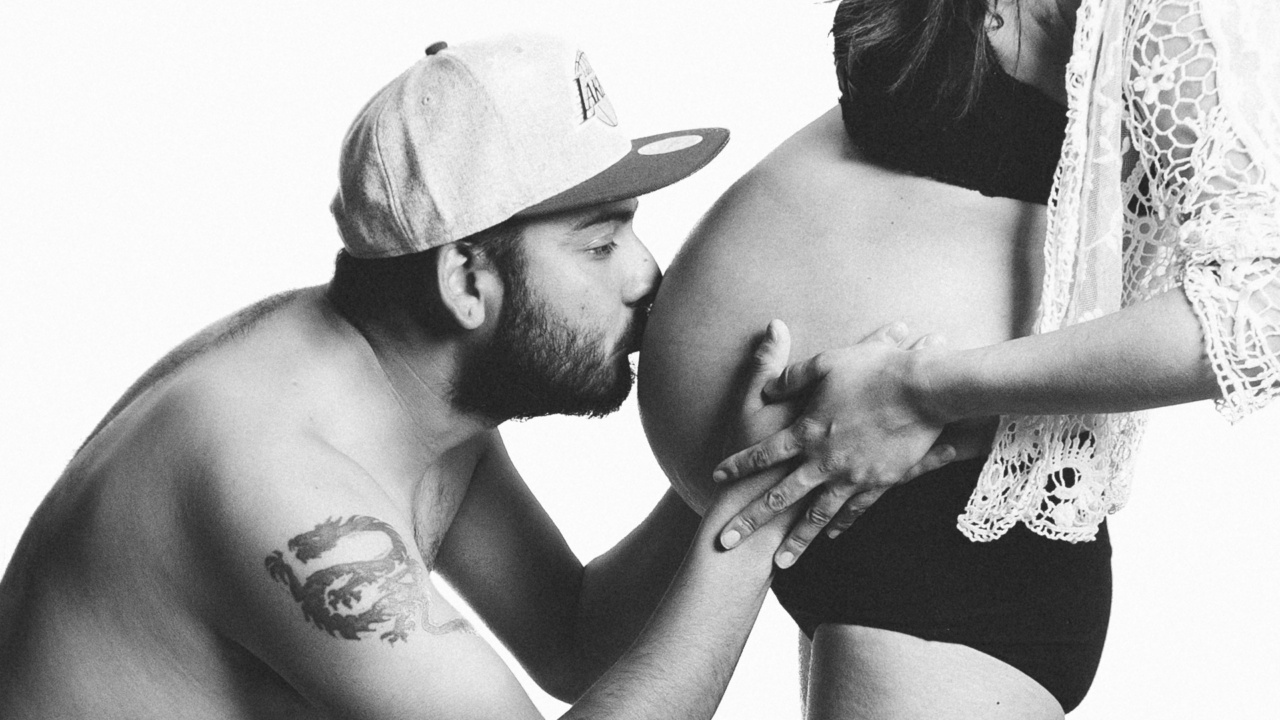Being 21 weeks pregnant is an exciting milestone in a woman’s journey to motherhood. At this stage, your baby is growing rapidly, and your body is undergoing significant changes to accommodate this new life.
In this comprehensive guide, we will explore the physical and emotional changes you may experience during this time, as well as provide you with helpful tips and advice to navigate through this phase of pregnancy.
Physical Changes
By the time you reach 21 weeks of pregnancy, your baby is about the size of a banana. You may start to feel their movements more distinctly, as they are becoming stronger and more coordinated.
You might even notice patterns in their activity or be able to identify their kicks, punches, and somersaults.
As your baby grows, your belly will continue to expand, and you might experience some discomfort or tightness in your lower abdomen as your uterus stretches.
This is completely normal, but if you experience severe pain or any unusual symptoms, it’s always a good idea to consult with your healthcare provider.
Another notable change at this stage is the development of your breasts. They may have grown significantly in size, and your nipples might become more prominent and sensitive.
It is advisable to invest in comfortable and supportive maternity bras to alleviate any discomfort and provide proper support for your changing breasts.
Additionally, you may notice changes in your skin, such as the appearance of stretch marks on your abdomen, breasts, or thighs.
While there is no guaranteed way to prevent them, staying hydrated, maintaining a healthy weight gain, and using moisturizers can help minimize their severity.
Emotional Changes
Pregnancy hormones can have a profound impact on your emotional well-being, and you may find yourself experiencing a range of emotions during this time. It is not uncommon to feel more emotional, irritable, or anxious than usual.
Remember to be kind to yourself and seek support from your partner, friends, or healthcare provider if needed.
Mood swings are a common occurrence during pregnancy, and they can vary from momentary bouts of joy to sudden episodes of tearfulness.
Understand that these emotional fluctuations are a normal part of the journey, and try to find healthy outlets to express and process your feelings. Engaging in activities that bring you joy, such as gentle exercise, listening to music, or practicing relaxation techniques, can help you navigate through these emotions.
Physical Care and Preparations
As your pregnancy progresses, it is essential to take good care of yourself both physically and mentally. Here are some practical tips to support your well-being:.
1. Proper Nutrition
Eating a balanced diet rich in nutrients is crucial for the growth and development of your baby. Focus on consuming a variety of fruits, vegetables, lean proteins, whole grains, and dairy products.
Stay hydrated by drinking plenty of water and limit your intake of caffeine and processed foods.
2. Regular Exercise
Engaging in regular physical activity can help promote a healthy pregnancy and prepare your body for childbirth. Opt for low-impact exercises like prenatal yoga, swimming, or brisk walking.
Remember to consult with your healthcare provider before starting any exercise routine.
3. Rest and Sleep
Getting enough rest is essential during pregnancy, especially as your body is working hard to accommodate the growing baby.
Aim for at least 7-8 hours of quality sleep each night and listen to your body’s cues for additional rest throughout the day.
4. Prenatal Check-ups
Continue attending regular prenatal check-ups with your healthcare provider. These appointments are essential for monitoring your baby’s growth, addressing any concerns, and ensuring that both you and your baby are healthy.
Preparing for Baby
At 21 weeks pregnant, it’s a good time to start thinking about the practical aspects of preparing for your baby’s arrival:.
1. Nursery Planning
Begin setting up the nursery and organizing essentials such as the crib, changing table, and storage for baby clothes and supplies.
Consider the color scheme, decorations, and any special touches you’d like to add to create a welcoming space for your little one.
2. Baby Registry
Create a baby registry to help friends and family choose gifts for your baby shower or to welcome your little one. Include essentials like diapers, clothing, bedding, feeding supplies, and other items you will need in the early days of parenthood.
3. Parenting Classes
Consider enrolling in parenting classes or workshops to gain knowledge and confidence in caring for your newborn. These classes often cover topics such as breastfeeding, diapering, baby sleep, and infant CPR.
Conclusion
At 21 weeks pregnant, you are embarking on an incredible journey towards becoming a mother. Embrace the physical changes and take care of yourself both physically and emotionally.
Remember to seek support when needed and enjoy this special time as you eagerly anticipate meeting your little one.





























